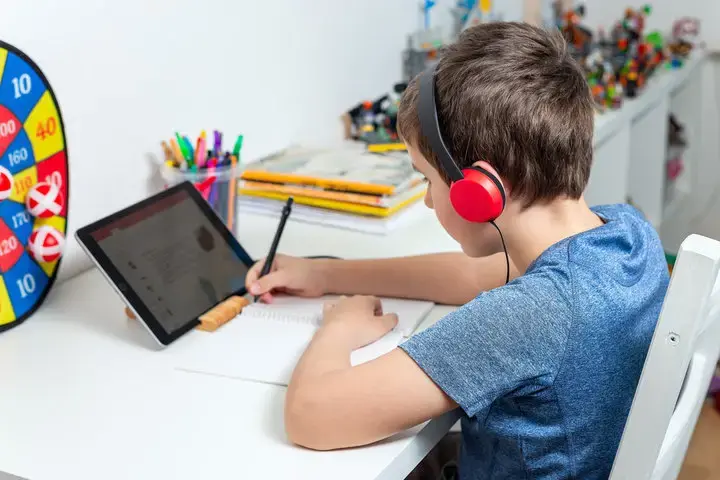Welcome back to our regular column, Ask SEND Edventures, where we answer your pressing questions about supporting children and young adults with SEND. Whether it’s navigating tricky conversations, accessing support, or finding practical solutions, we’re here to help. If you have a question you’d like answered, send it in, and we’ll do our best to provide guidance tailored to your needs.
Q: My 9-year-old son has autism and struggles to make friends. He often gets overwhelmed in social situations, and I’m worried he feels lonely at school. How can I help him?
A: Helping your son navigate friendships is so important, and there are several strategies you can try. Start by discussing your concerns with his teacher or the SENCO to see if the school can arrange low-pressure opportunities for social interaction, like a buddy system or small group activities. The National Autistic Society offers advice on supporting friendships, including social skills programmes that some schools may already run.
At home, role-playing scenarios can help him feel more prepared. For instance, practise how he might join a game or ask a peer about their interests. If he has a specific hobby or interest, such as LEGO or a particular TV show, finding peers who share this interest can naturally foster connections. Online forums like Scope’s parent community are also excellent for arranging informal meet-ups with understanding families.
Friendships can take time, but small steps like a shared laugh or a smile can mean a lot. Keep encouraging him — you’re doing wonderfully as his advocate.

Q: My daughter has Down’s syndrome and will be transitioning to secondary school in September. I’m worried about how she’ll cope with the change. How can we prepare her?
A: Transitioning to secondary school can be a daunting prospect, but with preparation and support, your daughter can settle in well. Start by visiting potential schools and meeting their SENCOs to discuss how they support children with additional needs. Many schools offer extended transition programmes, including extra visits and activities to help children feel more comfortable in their new environment.
The Down’s Syndrome Association offers excellent resources, including social stories and guides designed for children with Down’s syndrome. At home, practise routines such as using a visual timetable, packing a school bag, or going over the journey to school. These small steps can help her feel more confident and prepared.

Q: My son has ADHD and is struggling at school, but his teachers say he’s managing fine. I feel he may need more support. How can I approach the situation to ensure he gets the help he needs?
A: It’s very important that you’re advocating for your son. Before meeting with his teachers, make a list of your concerns — note any issues with concentration, organisation, or social interaction. This makes it easier to explain your worries and outline the support you hope he will receive. Ask the teachers to share their observations and see if they align with your concerns.
If you feel further support is necessary, you could also explore local charities like ADDISS, which provides resources and advice for parents, including guidance on working with the school to ensure your son gets appropriate support.

The information provided in this article is for general guidance only and is not a substitute for professional advice or support from qualified experts. Always seek the advice of relevant professionals regarding any concerns you may have.






